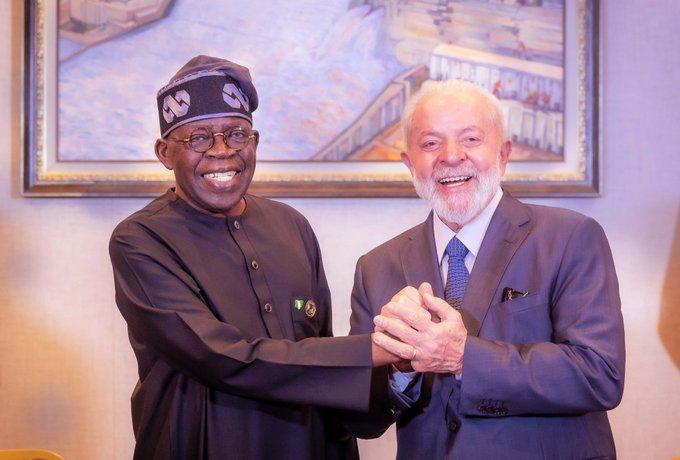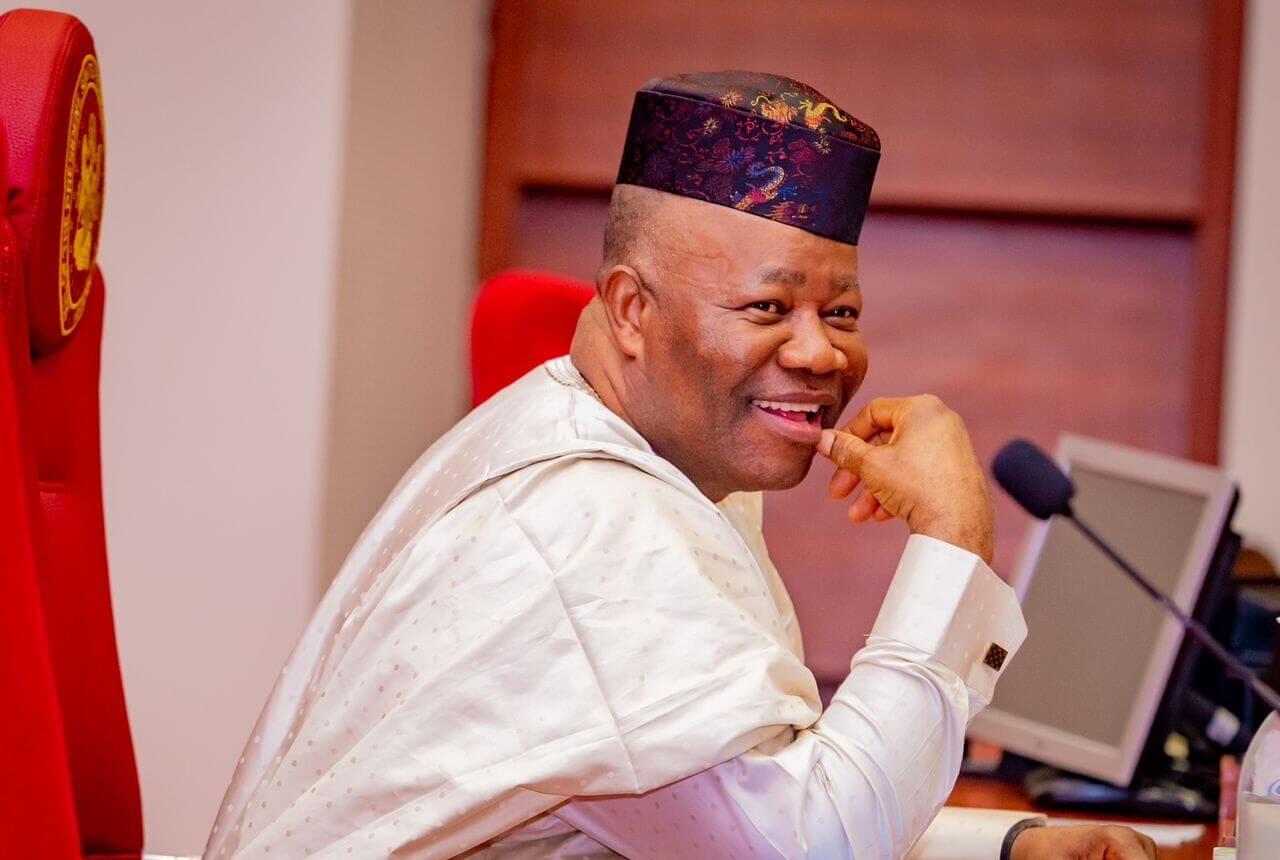The National Bureau of Statistics said Nigeria’s foreign capital inflow for the year 2023 stood at $3.91 billion.
The figure is the lowest in 17 years since 2007.
According to NBS, Foreign Portfolio Investment in 2023 was $1.15 billion translating to 29.5 percent of the $3.91 billion total capital importation.
The highest FPI in the last 17 years was in 2019 at $16.4 billion, followed by $14.9 billion in 2014, and $11.8 billion in 2018.
On the other hand, Foreign Direct Investment stood at $377.4 million, and other investment was $2.38 billion last year.
Meanwhile the NBS report also revealed that 18 states failed to attract foreign investment in the three years period of 2021 to 2023.
These states include: Bauchi, Bayelsa, Benue, Borno, Cross River, Ebonyi, Edo and Enugu.
The others are Gombe, Imo, Jigawa, Kaduna, Kebbi, Nasarawa, Sokoto, Taraba, Yobe and Zamfara.
Further review shows that eight out of the 18 states recorded zero foreign investment in five years from 2019 to 2023.
They are: Bayelsa, Ebonyi, Gombe, Jigawa, Kebbi, Taraba, Yobe and Zamfara.
On the other hand, Lagos State took the lead in terms of capital attraction as it raked in $2.50 billion representing 64 percent of the total capital inflow into the country in 2023.
The Federal Capital Territory came next as top investment destination with $1.17 billion or 30 percent share of the country’s total capital inflow for the year under review.
Other states that attracted foreign investments in 2023 are Abia ($150.09 million), Akwa Ibom ($39.13 million), Ogun ($27.09 million), and Rivers ($6 million).
Adamawa attracted $4.5 million, Anambra ($4 million), Niger ($1.50 million), Ondo ($200,000) and Ekiti $51,000.

